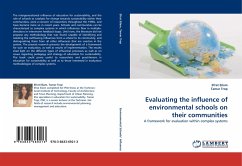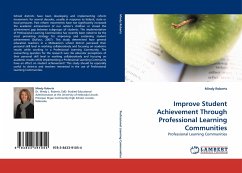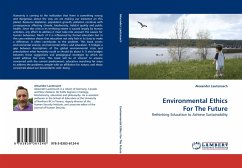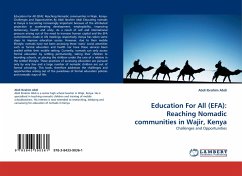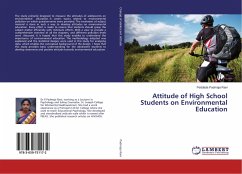The intergenerational influence of education for sustainability, and the role of schools as catalysts for change towards sustainability within their communities, were a concern of researchers throughout the 1990s, and have become more so in recent years. Schools and communities can be characterized as complex systems in which influences flow in multiple-directions in interwoven feedback loops. Until now, the literature did not propose any methodology that was found capable of identifying and isolating the outflowing influences from a school to its community, and distinguishing them from all other influences that are coactive in the system. The present research presents the development of a framework for such an evaluation, as well as results of implementation. The results shed light on the different types of influential processes as well as on issues regarding pedagogy and strategy of education for sustainability. The book could prove useful to researchers and practitioners in education for sustainability as well as to those interested in evaluation methodologies of complex systems.
Bitte wählen Sie Ihr Anliegen aus.
Rechnungen
Retourenschein anfordern
Bestellstatus
Storno

